Air pollution affects your health from before your first breath until your last.
It’s linked to a range of health problems at every stage of our lives – from premature birth and effects on organ development in childhood, through to causing heart and lung disease, diabetes and strokes in adulthood.
The impacts of air pollution are felt by everyone, but not equally. You may be exposed to higher levels of air pollution because of where you live – for example, if you live in a more deprived area – and people from racialised communities are significantly more likely to be exposed to high levels of air pollution. Children, older people and people with existing health conditions are also disproportionately affected by the health harms of air pollution.
By cleaning up our air, we can all benefit from immediate and lasting health improvements, and help ensure that future generations can live happier, healthier lives. The UK Government has committed to reviewing its air quality targets, and we can all play a part in making sure these targets are ambitious enough to ensure we can all breathe cleaner air.
This Clean Air Day, ask your MP to champion the introduction of World Health Organization air quality targets in UK law so that we can all breathe cleaner air and live healthier lives.
Join the conversation
#CleanAirDay









